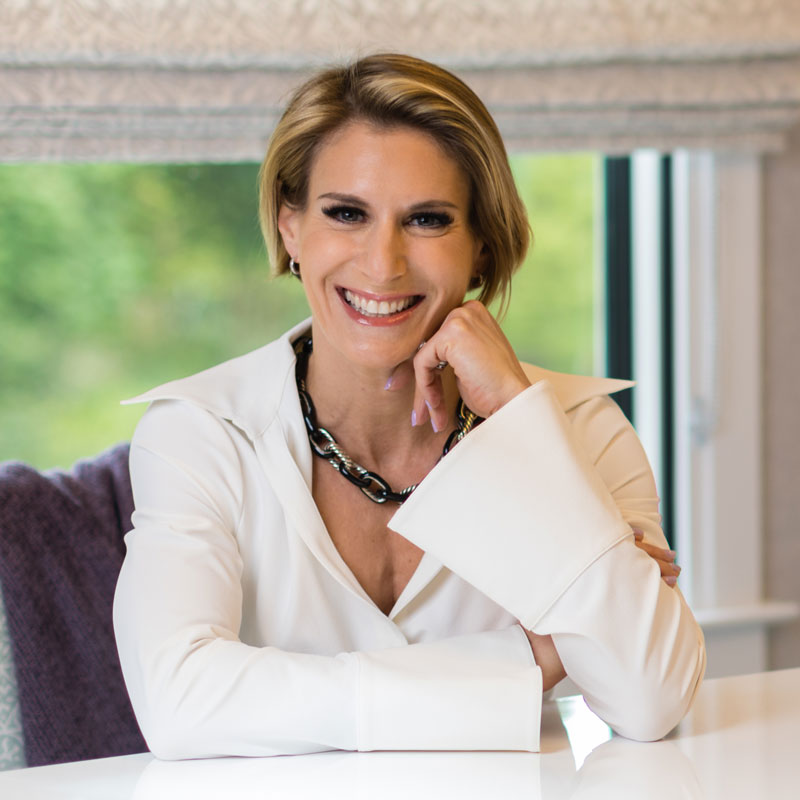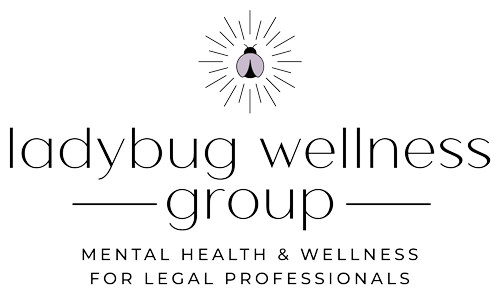“The most terrible poverty is loneliness and the feeling of being unloved.”
– Mother Teresa
We’ve all felt lonely. We’ve all had moments of feeling left out, disconnected or different. Moments when we feel like we aren’t loved or accepted. We’ve all had days when we want to hide under our covers, cancel plans, or call in sick. Days when seeing – or even calling – anyone requires too much effort, confidence, or courage. In this universal experience of feeling alone and isolated, we are all connected.
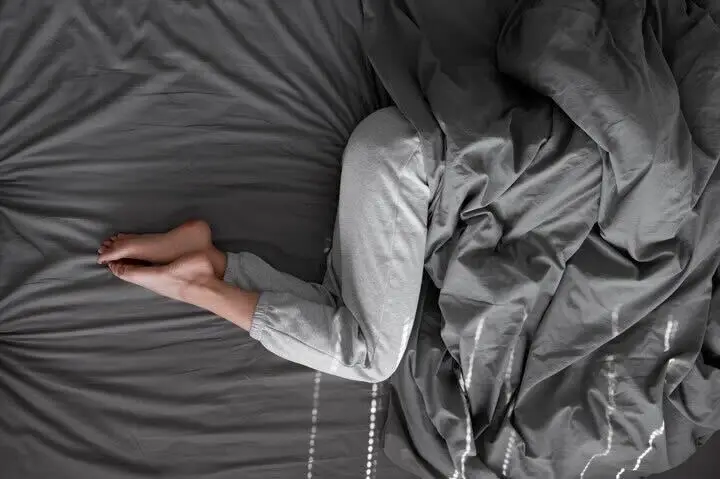
This month, the U.S. Surgeon General, Dr. Vivek Murthy, issued a report declaring loneliness a public health crisis in this country. According to the Surgeon General’s Advisory on Our Epidemic of Loneliness and Isolation, even prior to the Covid-19 pandemic, approximately half of American adults reported meaningful levels of loneliness. The incidence of loneliness is itself troubling, but the impact of loneliness and isolation on our individual and collective physical and mental health is even more alarming. The Advisory reported that, among the extensive physical health consequences of loneliness and lack of social connection are a 29% increased risk of heart disease, 32% increased risk of stroke, 50% increased risk of developing dementia for older adults, and 60% increased risk of premature death. Likewise, loneliness and isolation play a significant role in the mental health crisis that exists in this country. According to the Surgeon General, the risk of developing depression is twice as likely among adults who report feeling lonely than those who do not. Children suffering from loneliness and isolation also have an increased risk of immediate and long-term depression and anxiety.
In response to the significant physical and mental health consequences of loneliness and lack of social connection, the Surgeon General determined that “we must prioritize building social connection the same way we have prioritized other critical public health issues such as tobacco, obesity, and substance use disorders.” Accordingly, the Advisory outlined a framework to establish a National Strategy to Advance Social Connection, consisting of recommendations for individuals, governments, workplaces, health systems, and community organizations to increase social connections throughout our communities and across the country.
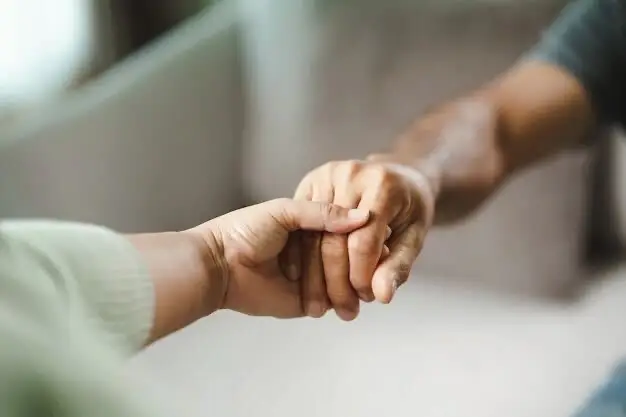
The Surgeon General’s National Strategy is bold, unprecedented, and ambitious. As the Advisory reflects, it is also of critical importance.
But we don’t need a largescale, multifaceted, coordinated program to begin making changes on a personal level. Instead, we simply need to be intentional about our choices, even if those choices require greater effort, force us to be vulnerable, or push us out of our comfort zone.
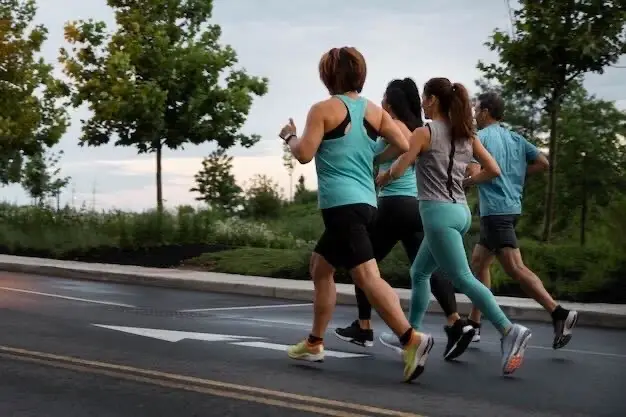
There are opportunities for social connection all around us.
They’re advertised on Facebook, posted on Starbucks bulletin boards, distributed on neighborhood listservs, and chatted about around the office. If this feels daunting, start with something simple:
- Work from a coffee shop or other public place
- Join a study group
- Participate in a run for a cause that is meaningful to you
- Exercise at a gym or join a pick-up game at a local court or field
- Join a book club, walking group, or recipe exchange
- Take your dog to a dog park
- Check out a free concert or outdoor movie
- Go to a religious service or event at your church or synagogue
- Volunteer at a local food pantry or other charity
- Brave the world of online dating
- Join a social media group with others who share your interests
And if all else fails, pick up the phone and call an old friend.

It’s tempting to stay home and binge watch Netflix in your PJs. It’s certainly easier than going to a party where you don’t know anyone, being the newbie in a book club, or taking a chance by asking someone to lunch. But resigning yourself to loneliness is not the answer. To the contrary, it has serious consequences for your physical and mental health.
Whether you’re new to a city or a job, you live alone, you’re recently single, or you just haven’t found “your people,” remember that there are others out there just like you. So look for ways to connect. Put yourself out there. Lean into uncomfortable situations. Take a chance. Make a choice not to be lonely. Why? Because you have nothing to lose and everything to gain.



